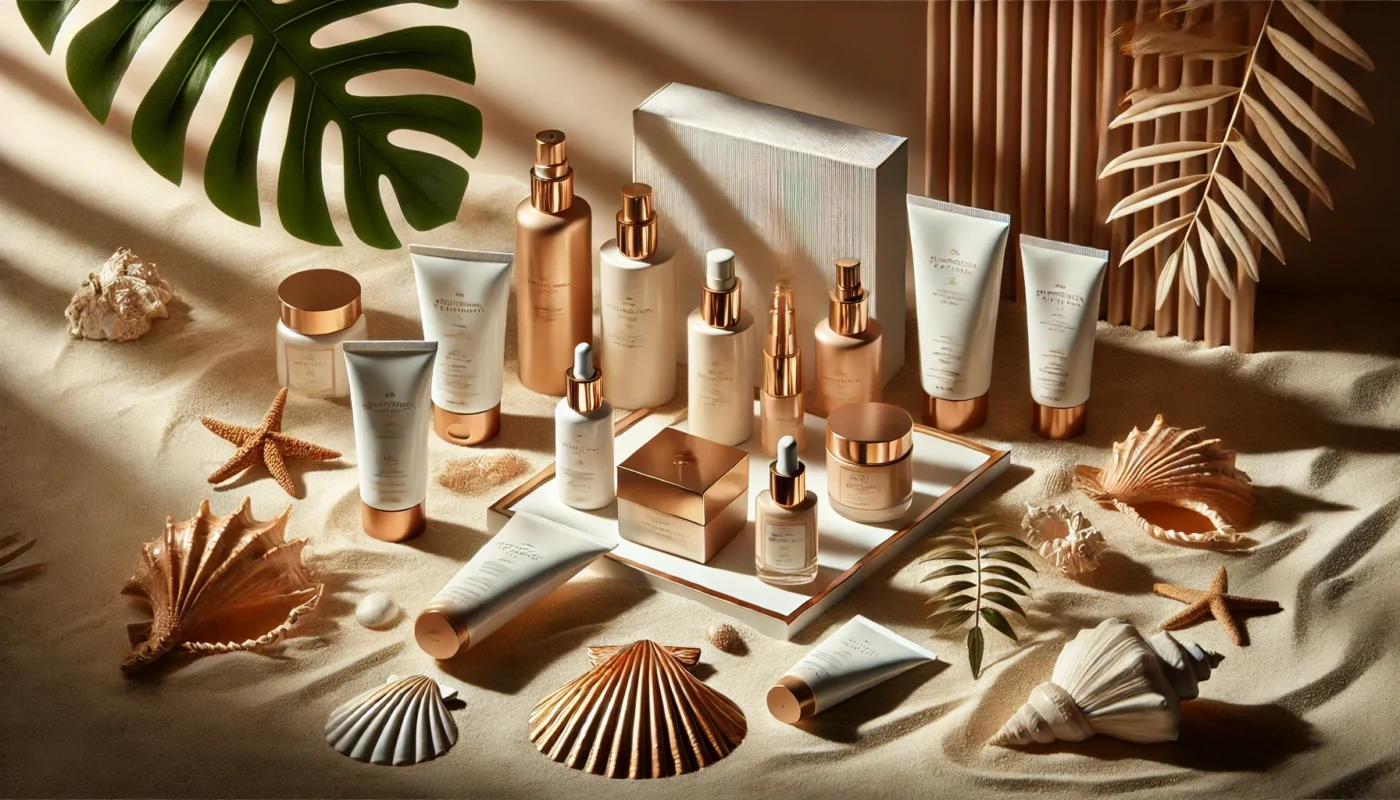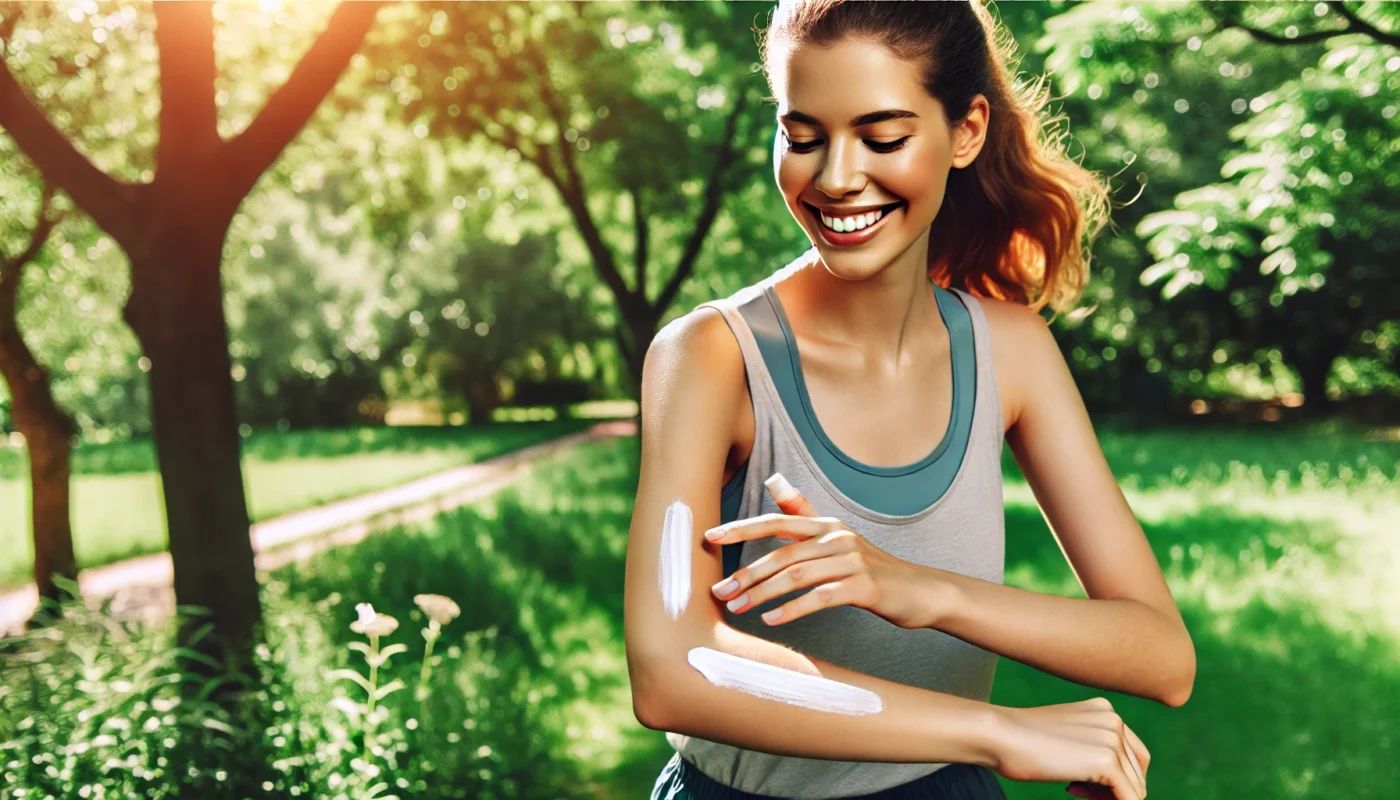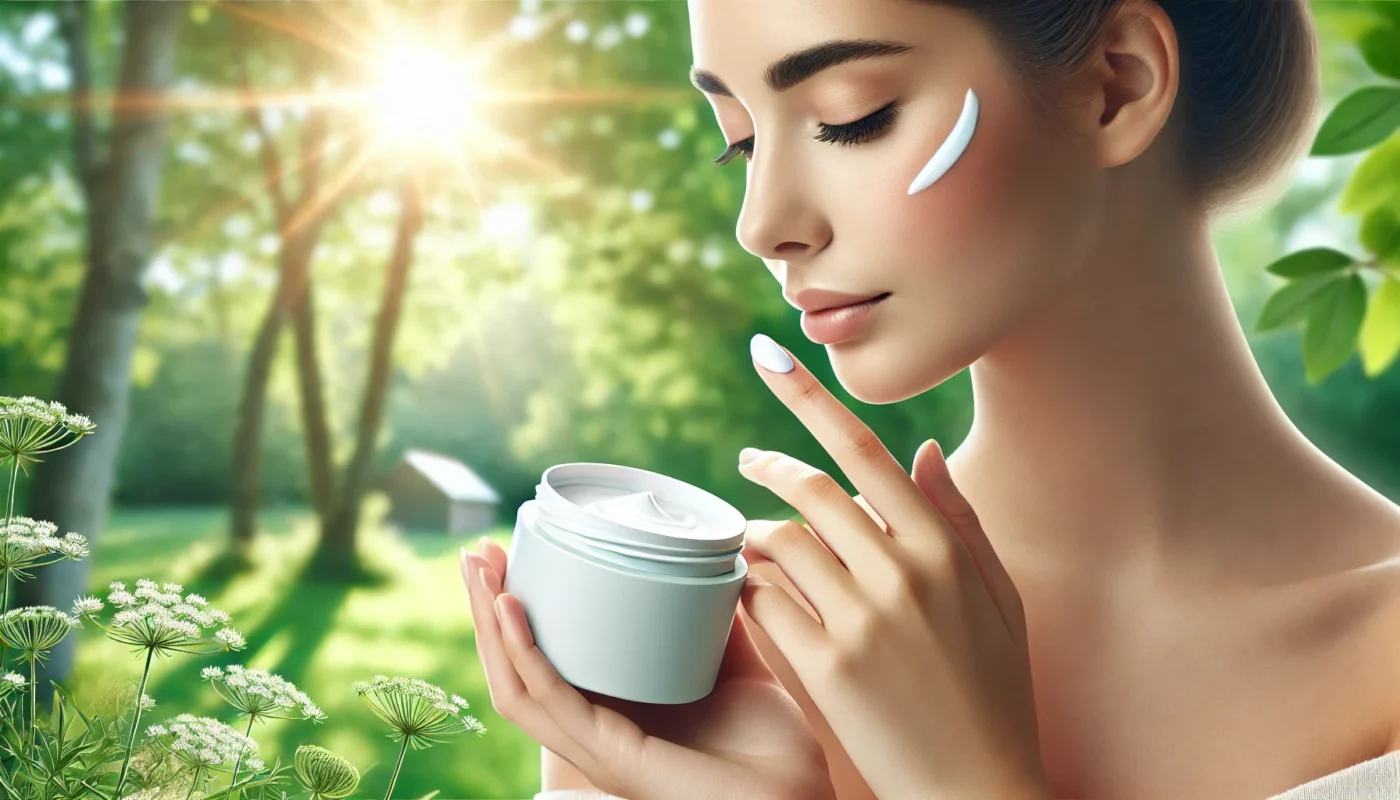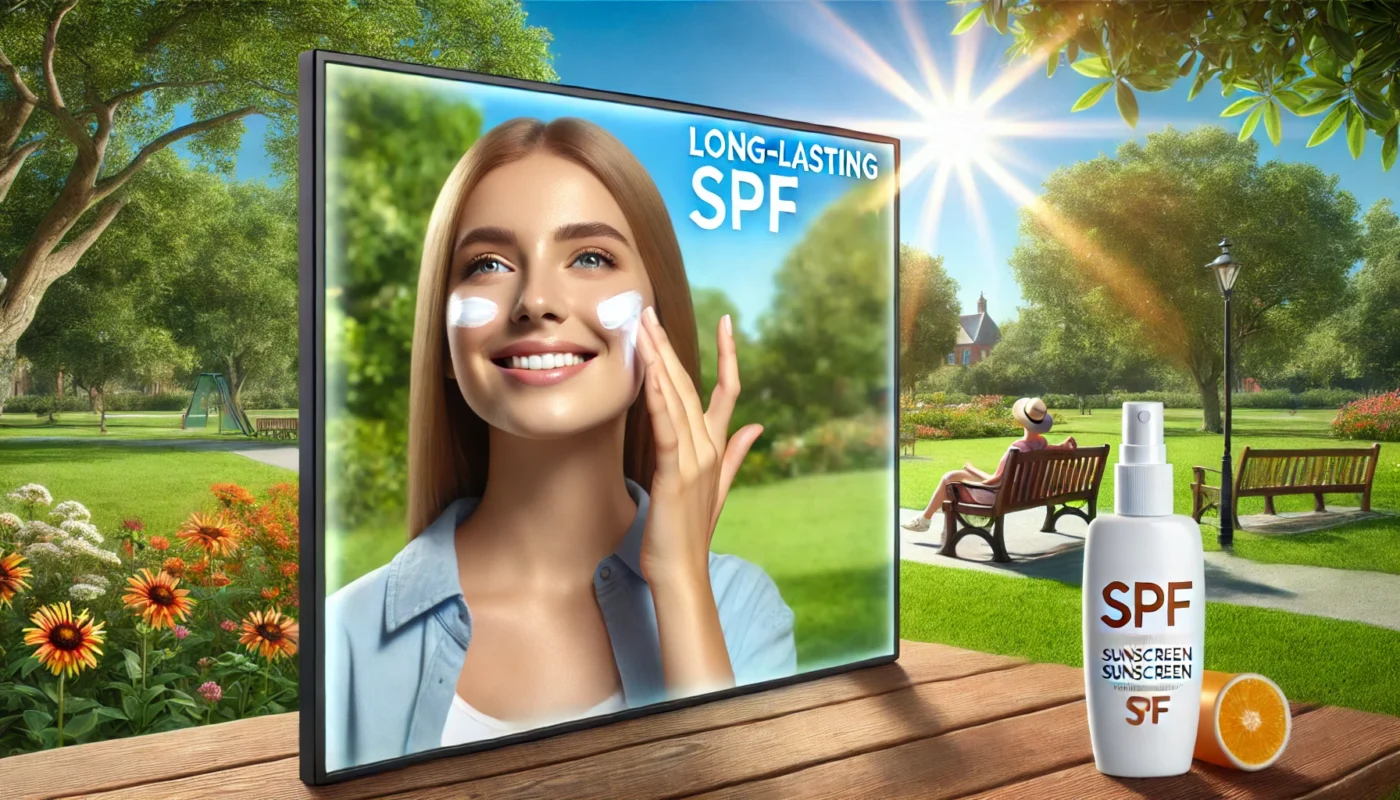In the pursuit of optimal skin health and protection against the sun’s harmful rays, selecting the appropriate sunscreen for both face and body is essential. The plethora of options available in the market can be overwhelming, yet understanding the nuances of sun protection can significantly enhance your skincare routine. This article delves into the top […]
Tag Archives: daily sunscreen
Before we explore the benefits, it’s imperative to understand what distinguishes lightweight sunscreen from traditional formulations. Unlike heavier sunscreens that may leave a greasy residue, lightweight sunscreens offer a non-comedogenic, fast-absorbing solution that feels comfortable on the skin.
Sun protection is a crucial part of any health and wellness routine. It’s not just for beach days or summer vacations.
Everyday sunblock is a must-have for everyone, regardless of skin type or lifestyle. It’s your first line of defense against harmful UV rays that can cause skin cancer and premature aging.
But with so many products on the market, how do you choose the right one? What factors should you consider? And how do you incorporate it into your daily routine?
This comprehensive guide aims to answer these questions. We’ll delve into the science behind sunblock, explaining key concepts like UVA and UVB rays, SPF ratings, and the difference between chemical and physical sunblocks.
We’ll also review some of the top-rated everyday sunblock products, providing detailed analysis of their benefits and ingredients. This will help you make an informed choice that suits your specific needs and preferences.
Sun block cream, often synonymous with sunscreen, is a topical product designed to protect the skin from the damaging effects of ultraviolet (UV) radiation. These creams can prevent sunburn, reduce the risk of skin cancer, and help prevent premature aging.
When it comes to safeguarding your skin from the sun’s harmful rays, choosing the right sunscreen is crucial. But with so many options available, is there a sunscreen that lasts all day? In this comprehensive guide, we’ll delve into the intricacies of sun protection, explore the science behind SPF, and offer practical advice for selecting a sunscreen that provides long-lasting protection.
Understanding SPF and Its Importance
What is SPF?
SPF, or Sun Protection Factor, is a measure of how well a sunscreen can protect skin from UVB rays, the kind of radiation that causes sunburn and contributes to skin cancer. SPF is a relative measure, indicating how much longer you can stay in the sun without burning compared to unprotected skin.
For example, if you would normally burn in 10 minutes without protection, an SPF 30 product should theoretically allow you to stay in the sun 30 times longer, or 300 minutes, without burning. However, this is an ideal scenario, and various factors can affect actual protection. These factors include the amount of sunscreen applied, the individual’s skin type, and environmental conditions, which can all alter the effectiveness of the SPF rating.





